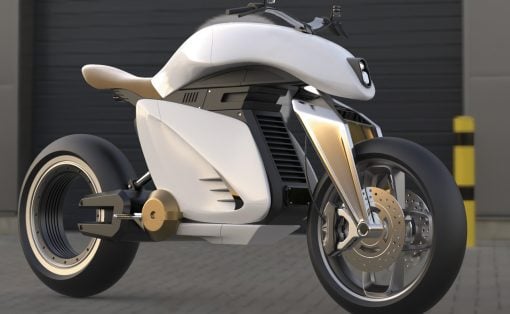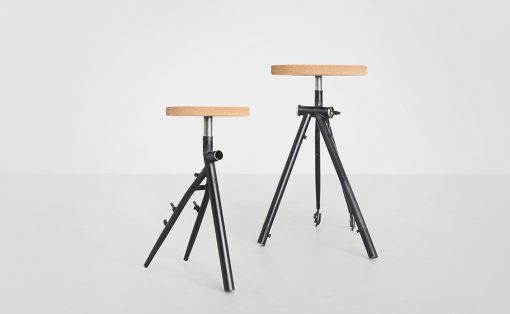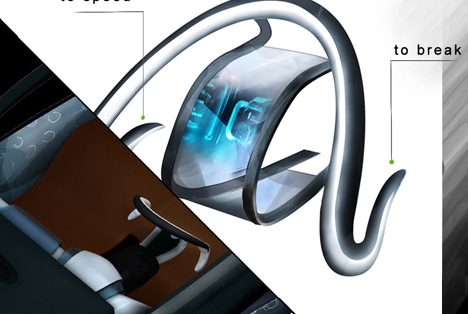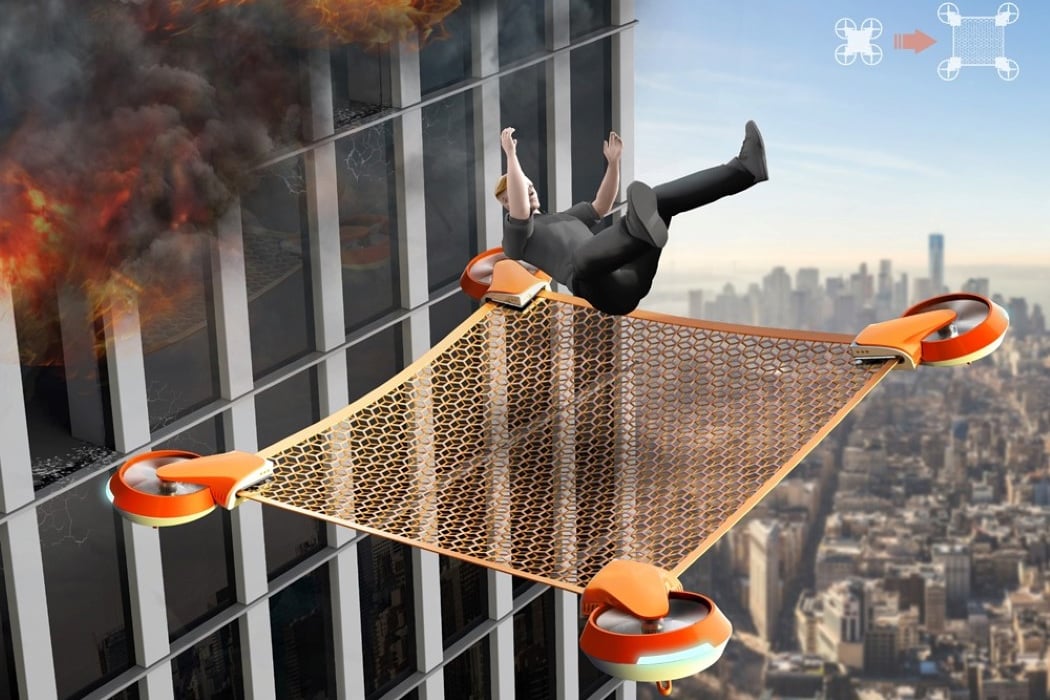
Drones are quite honestly taking over the world! They’re more than just toys to fly around or simple accessories, they are now being used for critical functions as well! Drones these days are saving lives, relaying important information, landing on Mars, and even diving underwater. The scope and potential of drones are being massively unlocked and they seem unlimited. They are innovative and fascinating objects that can carry out many tasks, that we, humans are unable to do. Hence, we’ve curated a collection of inventive, super functional, and futuristic drones that will surprise you with their capabilities, and make you wonder what the world will really look like ten years down the line!
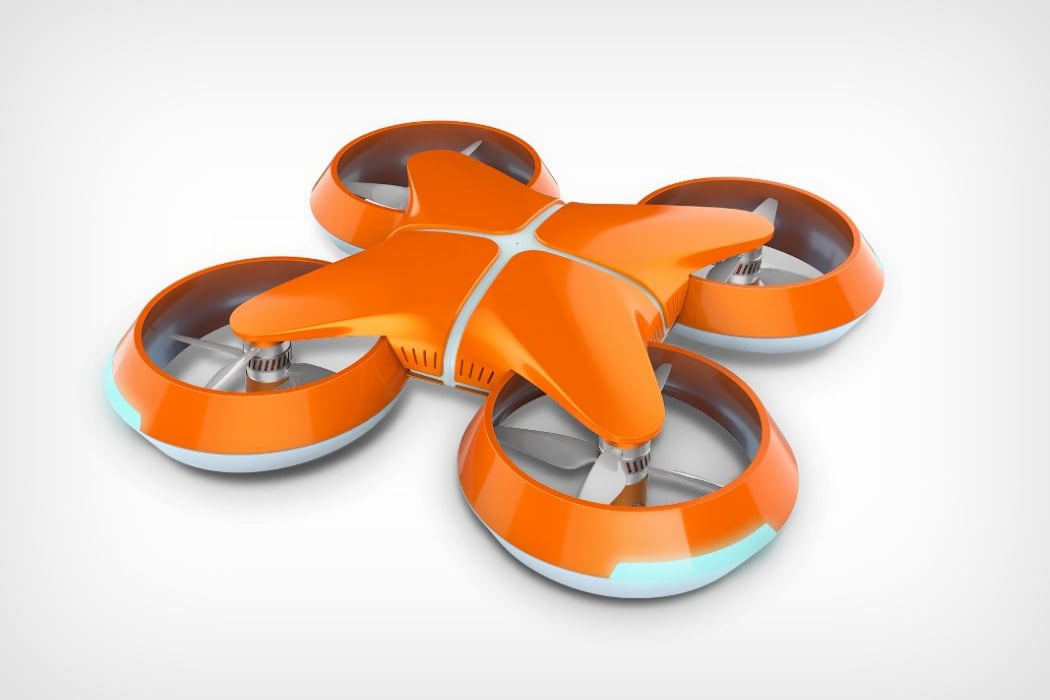
The Net Drone is a single unmanned aerial vehicle (UAV) made together by joining four identical quadrants with propellers. The drone takes off into the sky to rescue victims stuck at the top of high-rises in the event of a calamity requiring evacuation. It then, promptly, splits into four parts, as a safety net unfurls between the individual parts, creating a protective bed the victim can jump onto. Once the victim lands safely in the net, the drone carries them to safety, ensuring no human lives are endangered in the high-altitude, high-risk rescue attempt. While the technology to pull off such a complex rescue doesn’t really exist, the concept definitely makes a great case for how drones should be built in the future to assist humans in life-threatening situations.
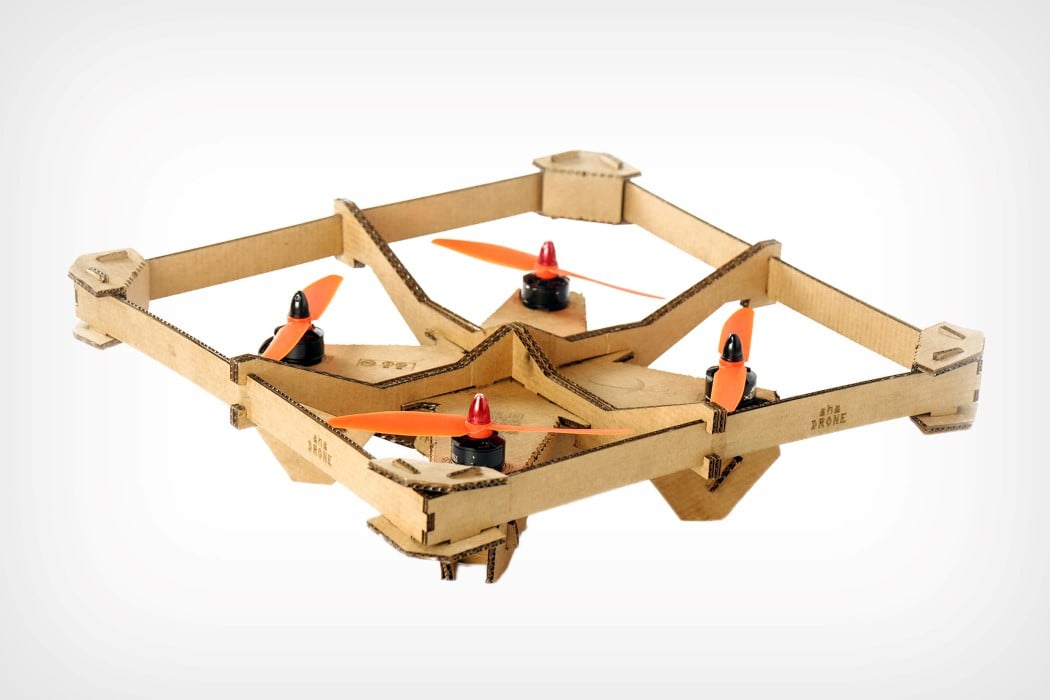
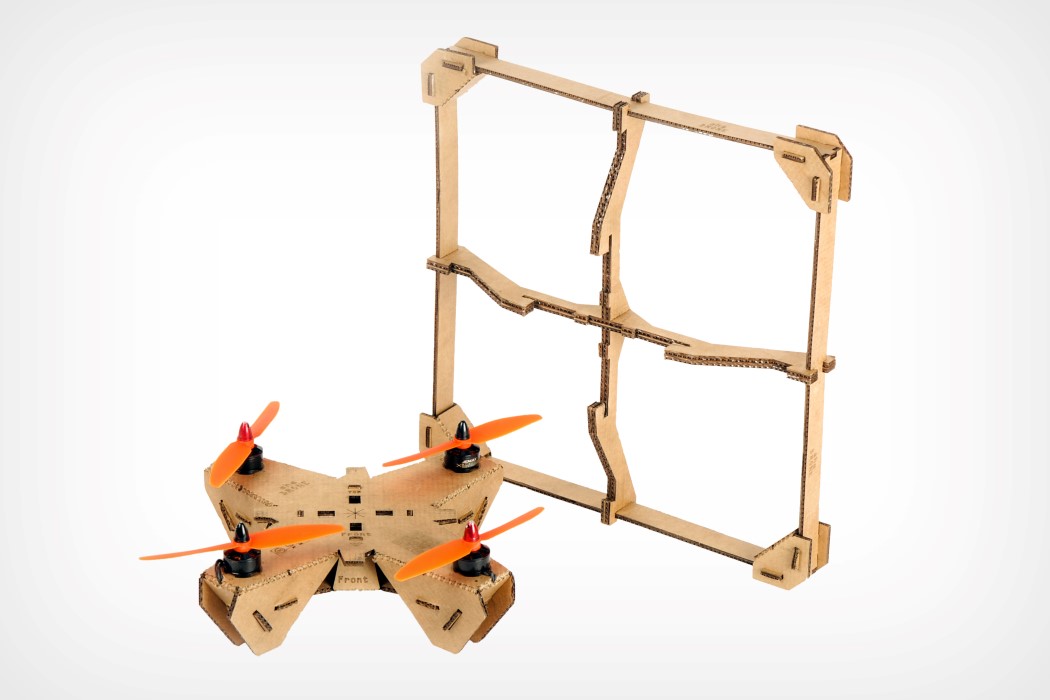
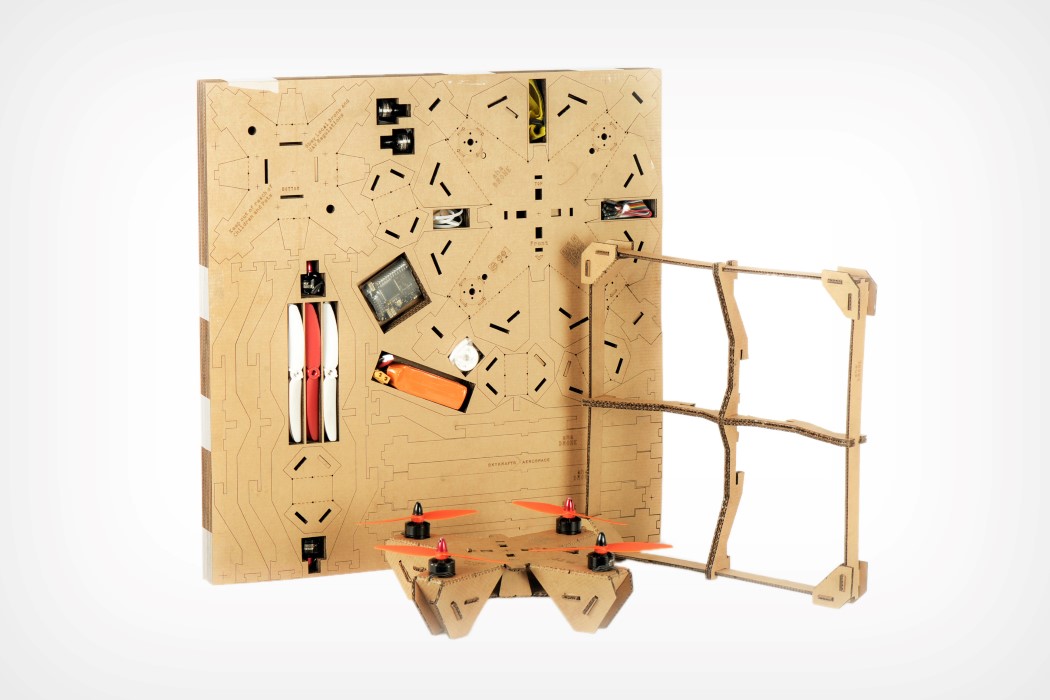
I love the Ahadrone kit’s DIY touch! Designed to be the “drone for everyone”, it democratizes one of the hottest (and sometimes expensive) categories in consumer electronics. With all the makings of a very capable drone, the Ahadrone is just like any other remote-controlled quadcopter, but it comes with a complete corrugated board body, allowing it to stay light, but stiff, the perfect property for a drone exterior! Cardboard isn’t new to consumer electronics. The Google Cardboard VR headset, and the cardboard Nintendo Switch Labo kits, have both showcased paper board to be a very capable low-cost solution to plastic parts. The board serves as a great packaging material too, knocking two birds with one stone.. and while it isn’t as permanent as plastic (the Ahadrone wouldn’t last 5 minutes in the rain), with the right template, people can rebuild their own cardboard parts, either out of a board, plastic sheets, or even 3D printing them!
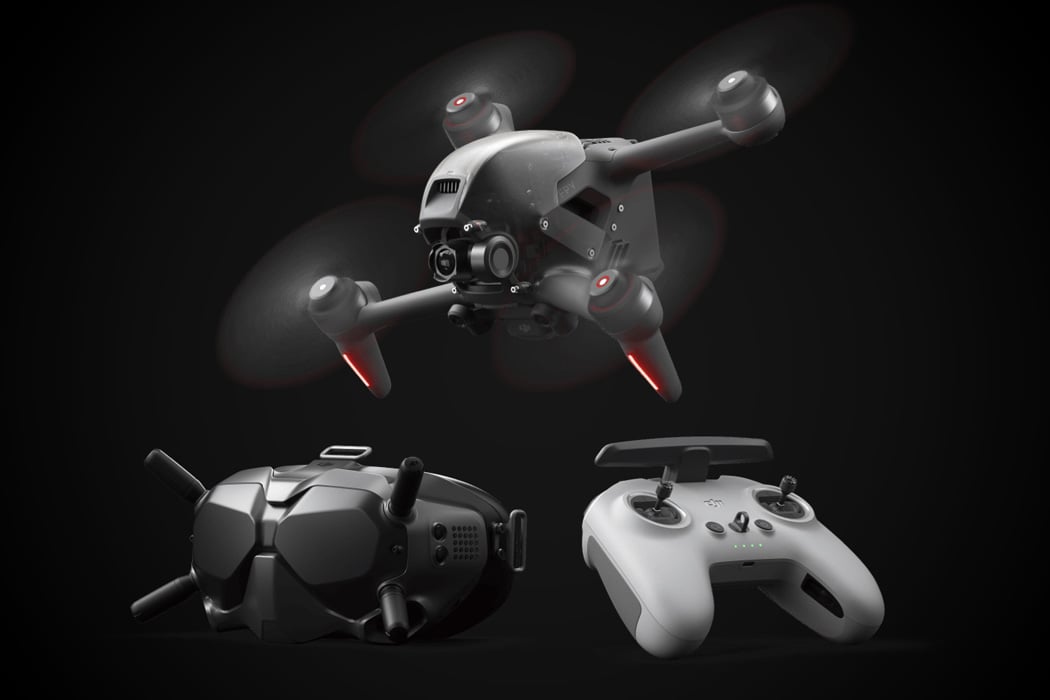
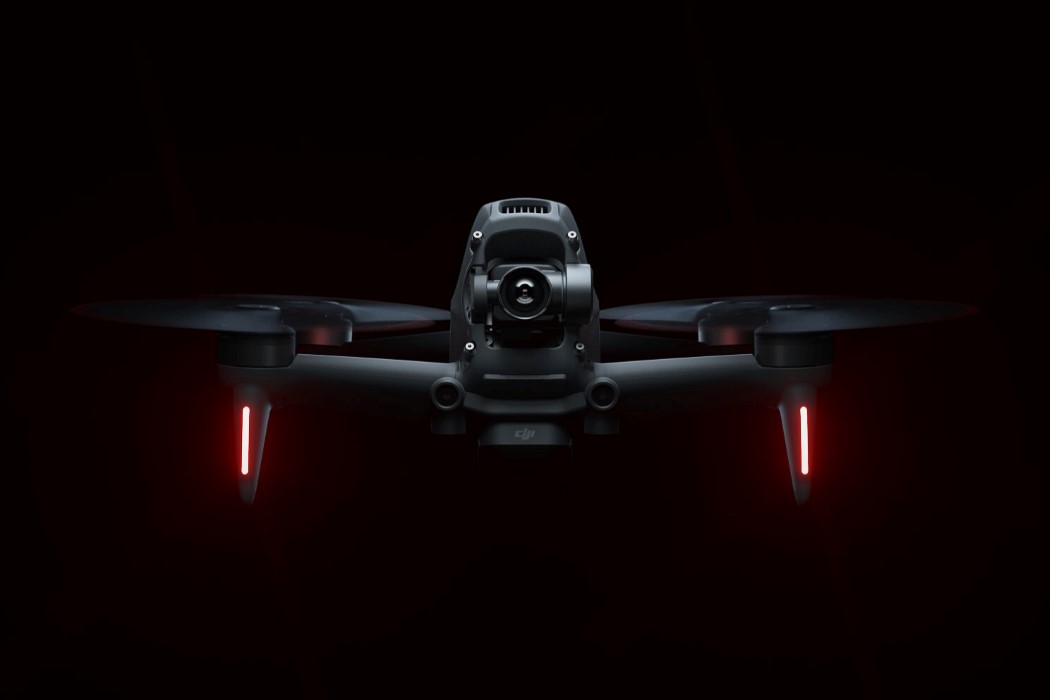
DJI‘s latest drone doesn’t want you to simply operate it… it wants to put you in a virtual cockpit. The DJI FPV Drone isn’t so much about being an incredible drone as it is about boasting of its one, standout feature – the FPV or First Person View. Armed with a pretty futuristic-looking pair of goggles, a low-latency video transmission unit, and a redesigned set of controllers, the DJI FPV drone is about giving YOU the thrill of the flight by allowing you to see exactly what the drone sees… in real-time! At the heart of the DJI FPV drone are two incredibly revolutionary innovations. Firstly, its HD Low-Latency Transmission of video that gives you the ability to view high-definition footage from the drone in stunning real-time; and secondly, its set of hardware controllers, which allow all sorts of users to experience the FPV’s glorious adrenaline rush, whether you’re a novice or a pro-drone-flyer.

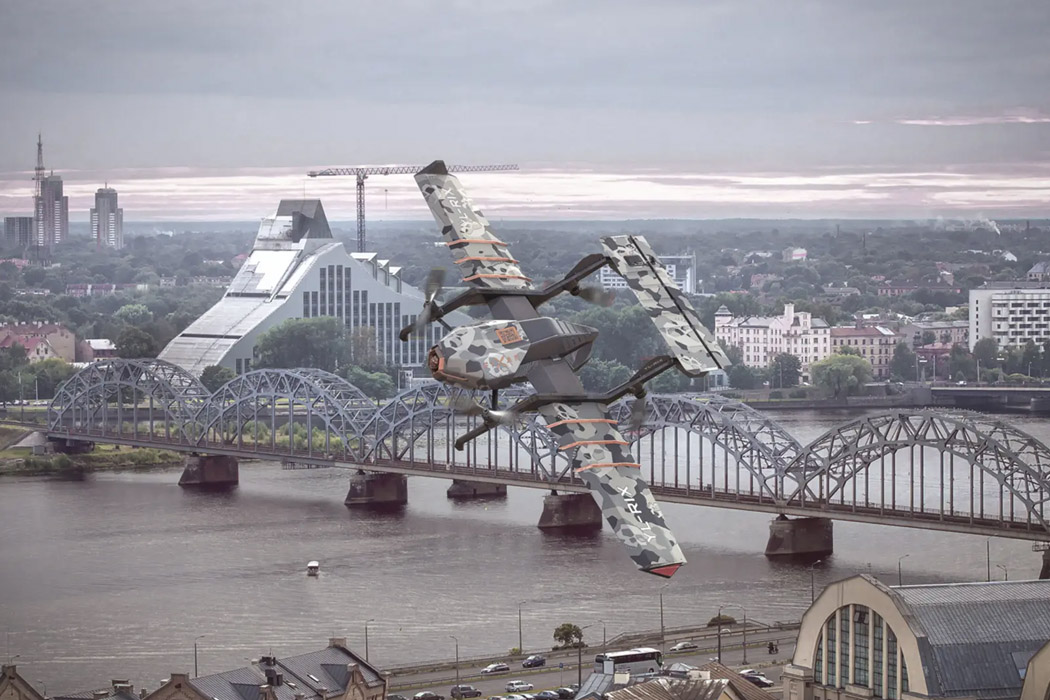
Latvia-based company Dartz Motorz takes that vision as an inspiration for a future where drones will complement our style and panache. They want to change the image of drones from being mere toys or industrial assets to that being an accessory that enhances the owner’s individuality. Dubbed the Dartz Prombdrone Black Bee, it is co-developed with drone pros Fixar who’ve given it the advantages of a helicopter and unmanned aircraft while doing away with the disadvantages of tilt rotors. The designer drone based on the Fixar 007 Outdoor model can take off and land like a copter and also has a high flight range courtesy of the wing lift. The design is such that the transition from the helicopter mode to the aircraft mode is seamless.
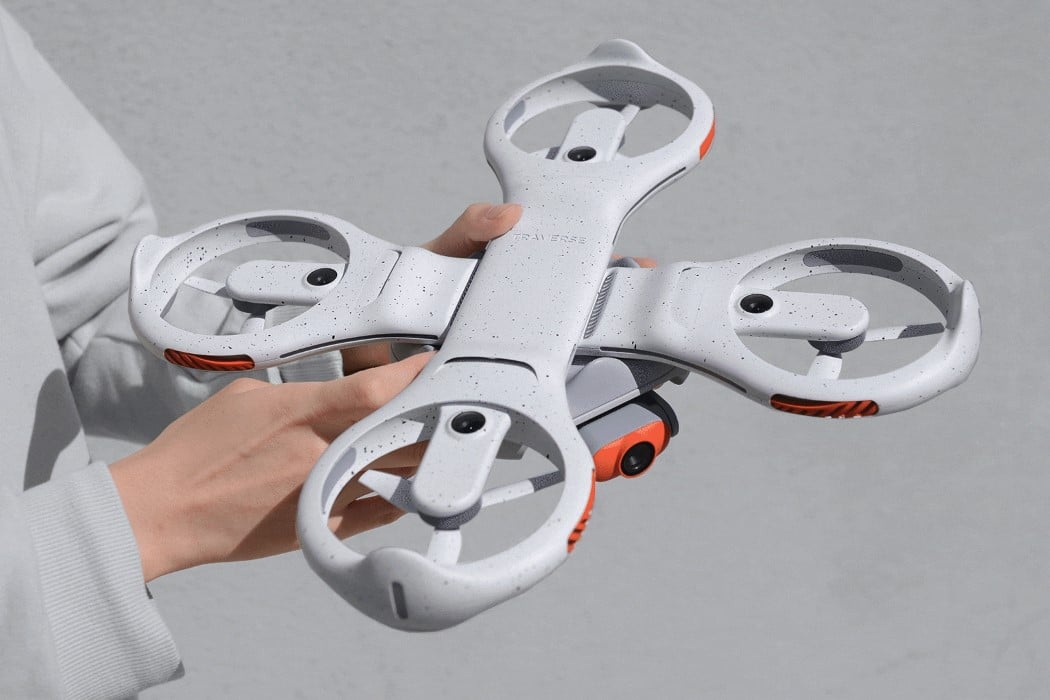
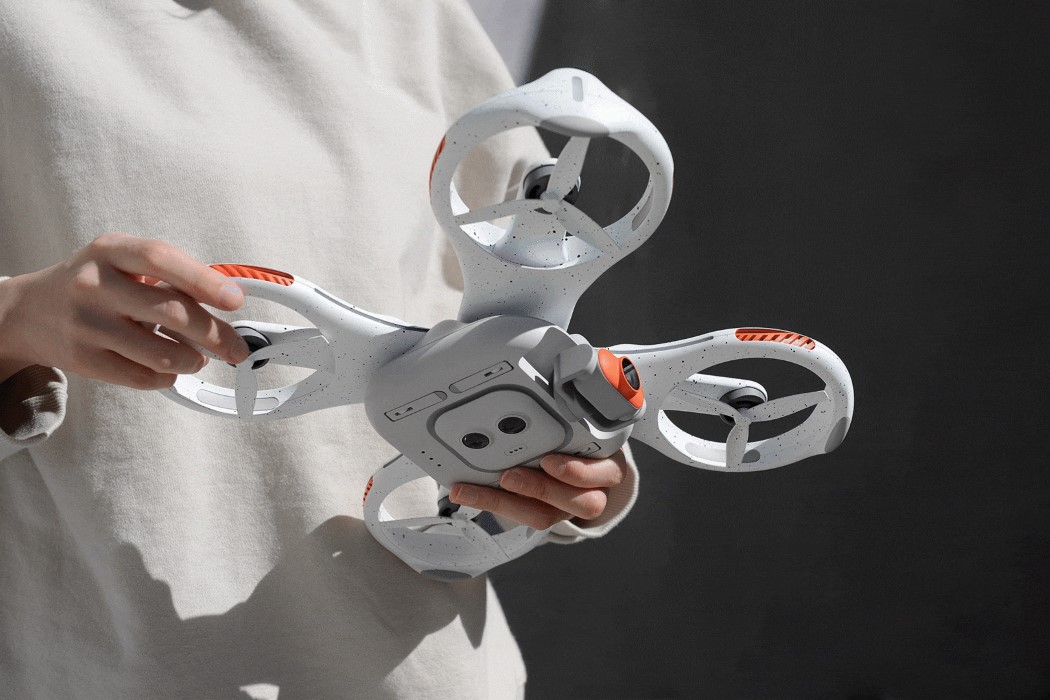
Designed by the students of the Hongik University, the Traverse is a conceptual drone powered by AI that’s designed to be a personal trainer for recreational runners. The autonomous drone comes with a quad-propeller layout, and also features multiple fish-eye cameras that help it navigate through spaces without requiring any external controls. A main gimbal-mounted camera focuses on you, the runner, and the camera focuses on you as you run, monitoring your speed, performance, technique, laps, and charts your overall progress. While running, Traverse takes photos and videos of runners to give them Form correction & visual running feedback by tracking their posture with deep learning. The Traverse drone is accompanied by the Pod, a wearable that sits around your neck. The drone uses the wearable as a tracking tag, while the Pod itself works as your personal coach, giving you audio feedback to improve your form and performance.
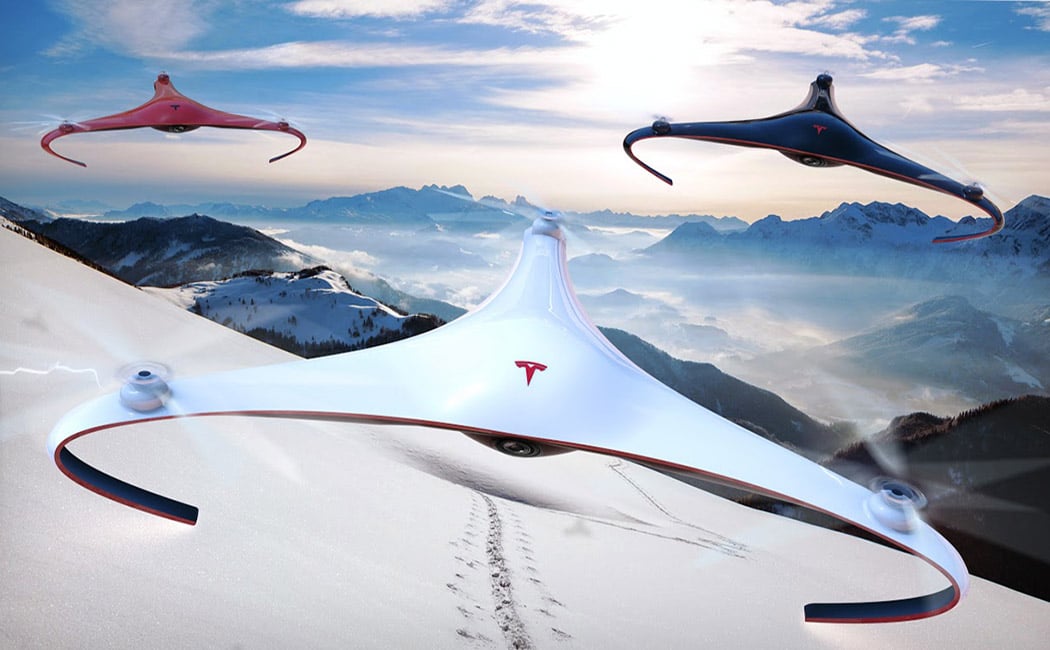
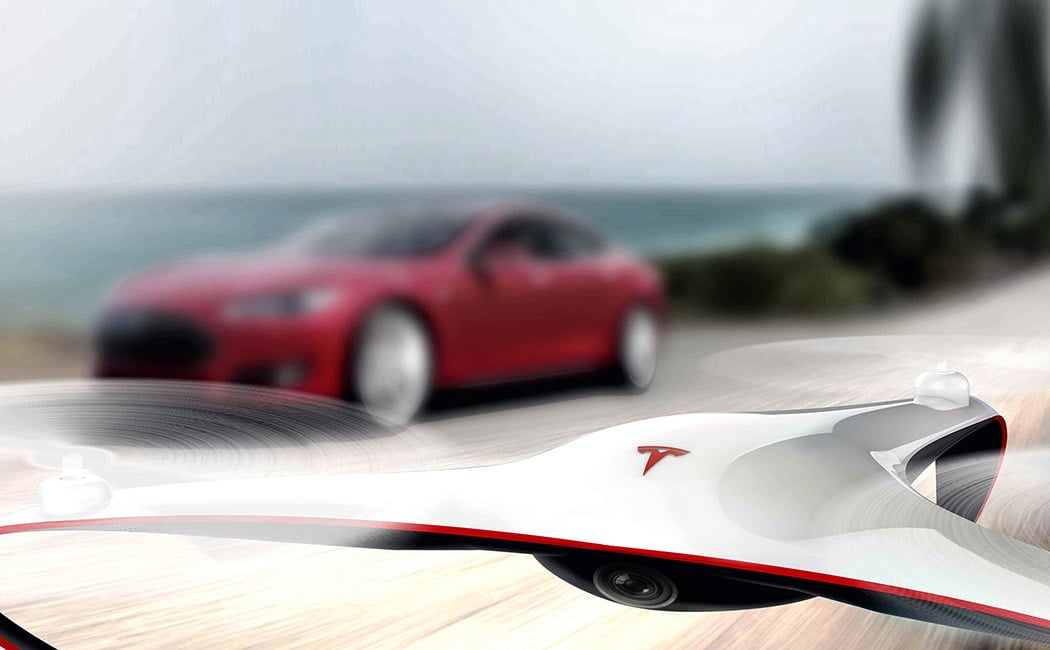
Did you know that Nikola Tesla patented a drone before there were drones?! Over 100 years ago he called these imagined vessels as being used to carry packages, establish communication with inaccessible regions, and “many other scientific purposes.” Drones are basically in the brand’s DNA, so it’s no wonder that there is so much hype around what a Tesla drone might be like! In this concept, called Aurora, Tesla’s electric motor technology is applied to a tricopter design to facilitate long-range, extended-time camera capability. Operating either autonomously or controlled manually, it’s ideal for reconnaissance, checking on out-of-reach machinery, routine structure inspections, or simply for capturing vivid photography and video for fun. The three-rotor design allows for larger propellers. This results in fewer required rotations and less energy to fly, making it more efficient with up to 35% more battery life. Because of the size of the propellers, it also has greater acceleration and better maneuverability.
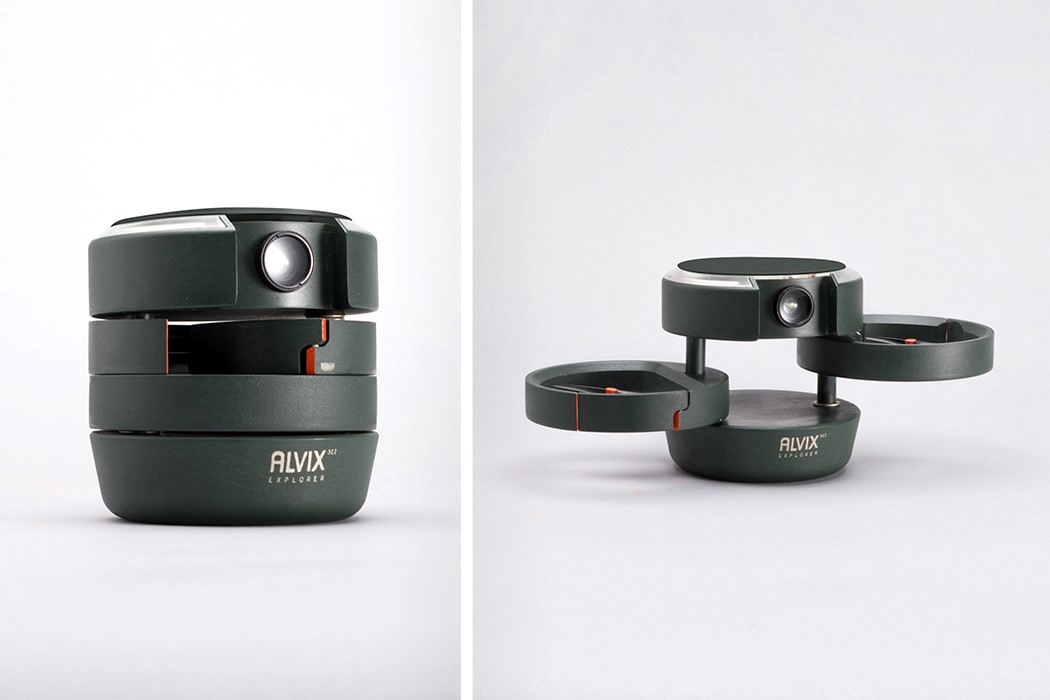
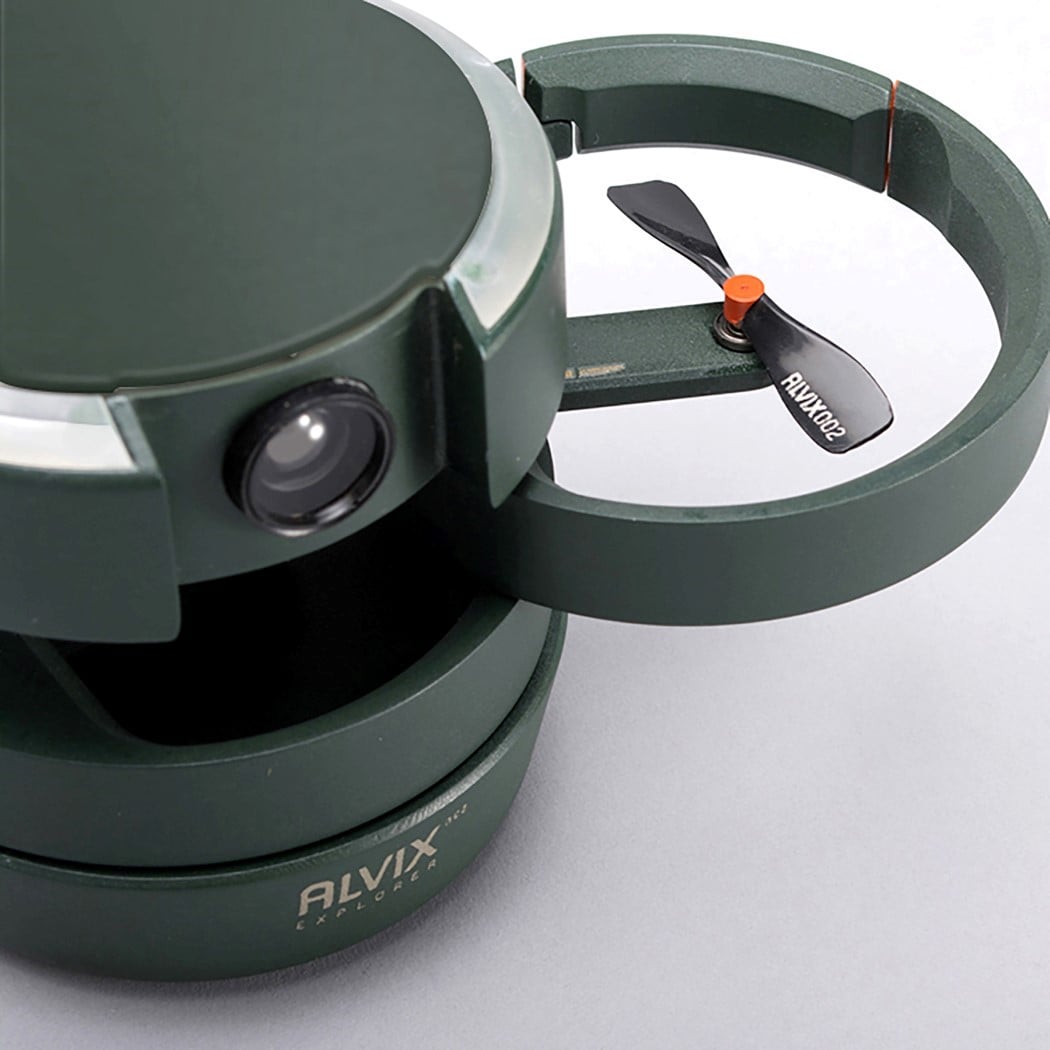
The Alvix Multifunctional Drone isn’t designed to look like your average hobby drone. It comes in a compact cylindrical format, made for easy carrying, and opens out into a rugged drone capable of recording and monitoring extreme sports enthusiasts and players, who always carry heavy equipment and perform high-risk sporting activities alone. Think of the Alvix drone as your spotter, but in the outdoors – keeping a watchful eye on you as you engage in extreme sports. Its cylindrical format makes it easy to carry, as well as gives it a protective covering, as the drone’s propellers have built-in circular guards around them. The drone comes with a wearable that helps it track the wearer at all times, keeping a watchful eye on them.
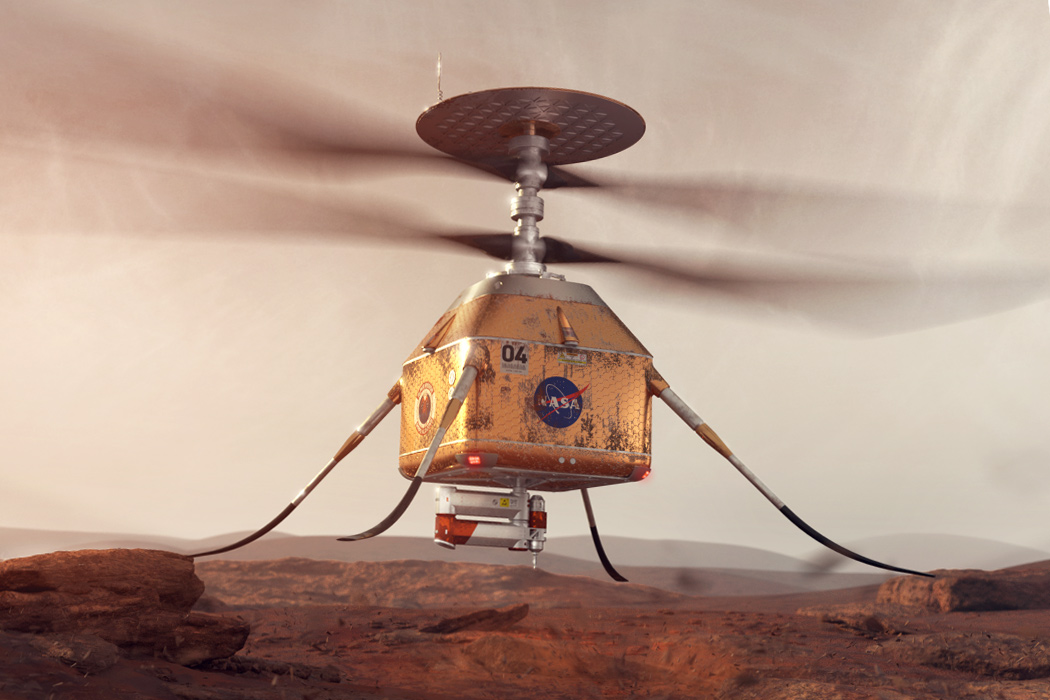
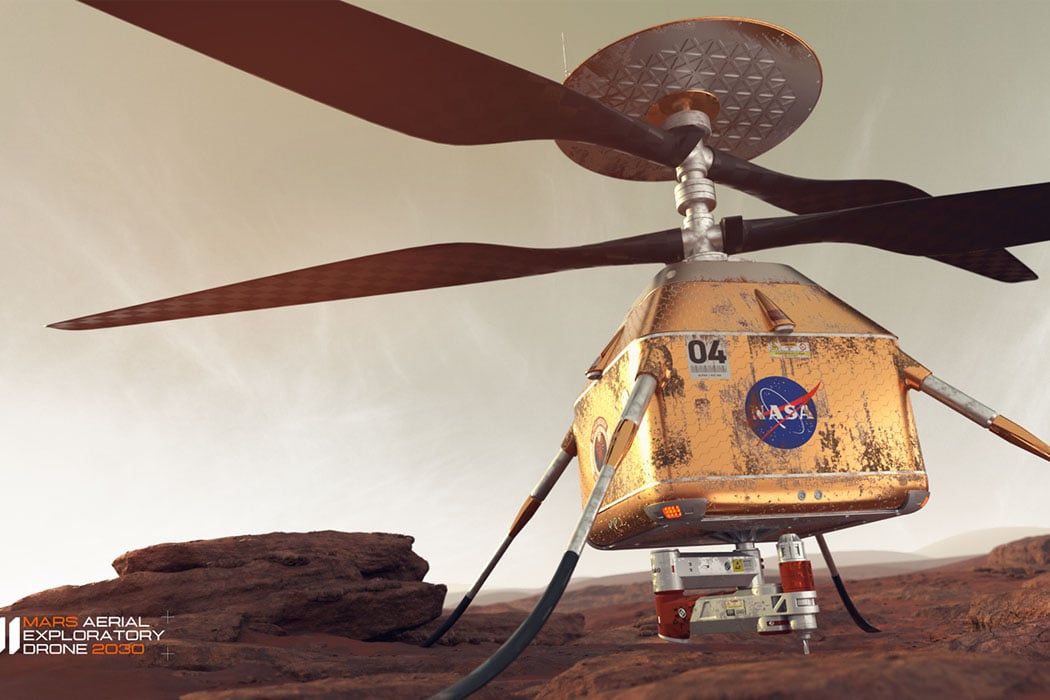
The Mars Aerial Exploratory Drone 2030 which is the brain-child of 3D Generalist Anton Weaver aims to be the lead aerial surveillance vehicle that helps in tracking out the key habitat zones or detect any unknown threats in advance with its vantage position up in the air. The drone is inspired by the NASA Mars Helicopter which is planned for use with the scouting tasks for the future Mars rovers. According to Anton, the drone is more advanced than NASA’s iteration, with “bigger, smarter, and more utility.” It has soft landing pads for any surface on the planet and runs on the solar power of the sun. That said the primary objective of the drone will be to identify the points of interest for the research team and detect sites that’ll be of interest to the ground team.
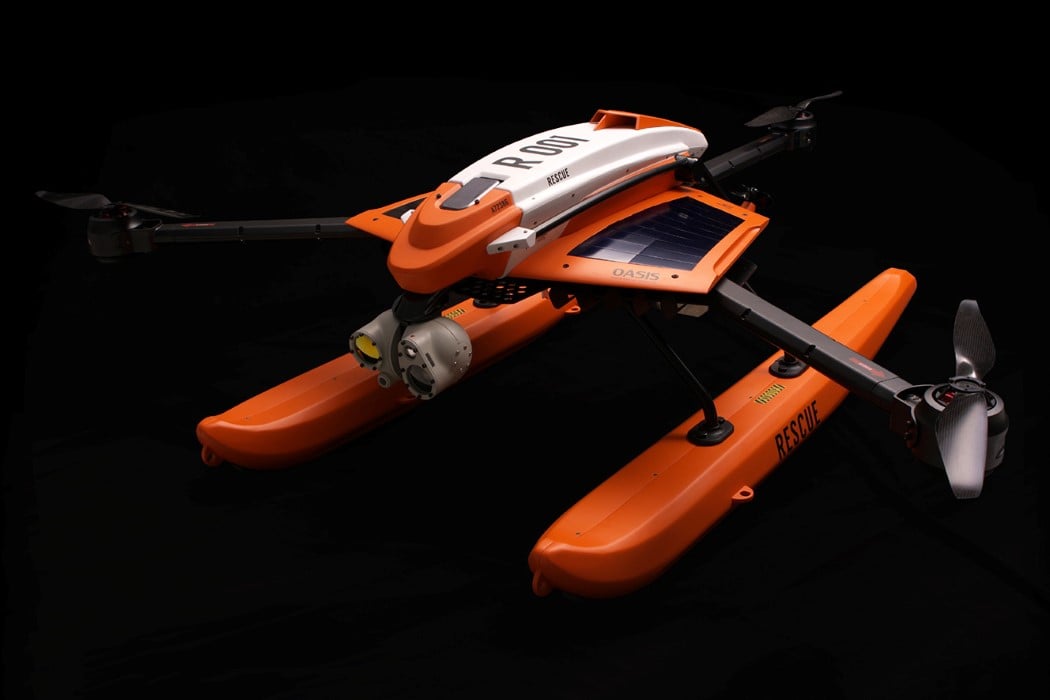
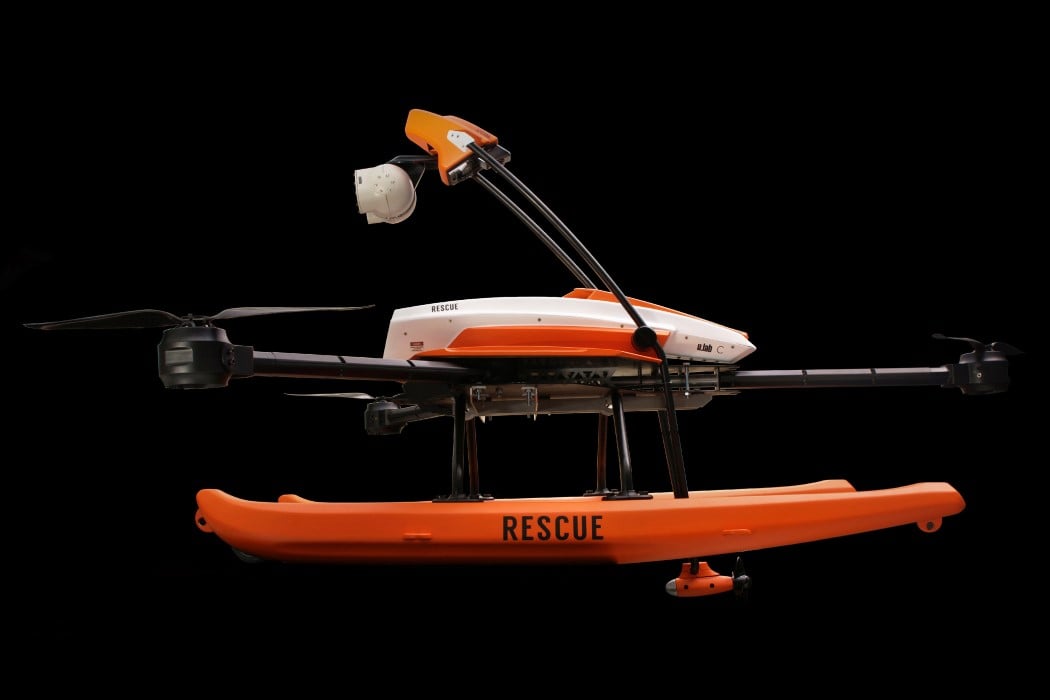
Meet Oasis, an Aeronaval Rescue Drone capable of helping rescue people drowning in waters by not just locating them, but also pulling them to the nearest vessel to safety. Designed in the aftermath of the accidents caused by the Boeing 737 Max, the Oasis aims at being able to help search-and-rescue teams to reach farther and cover much more ground in lesser time. The autonomous drones are instantly deployed in an emergency situation. They fly in grid patterns to efficiently scan waters for any signs of humans. When found, the drone descends to the water’s surface, relying on two buoyancy devices to float on top of the water. The human then latches onto the drone, as it essentially does the job of a tugboat, pulling the human either to shore or to the nearest rescue vessel.
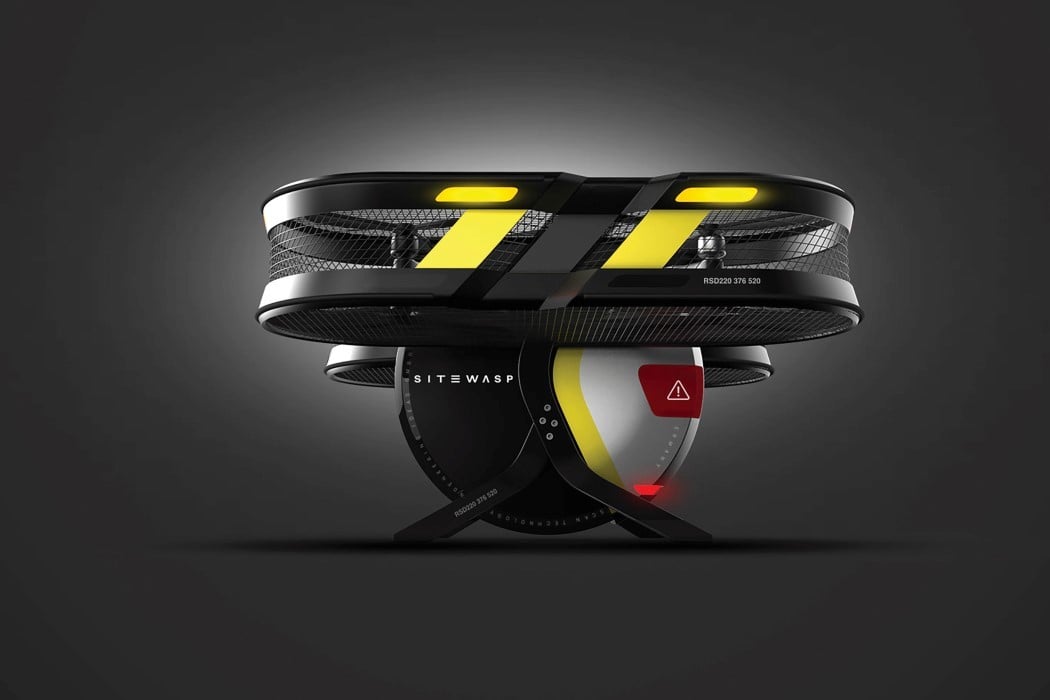
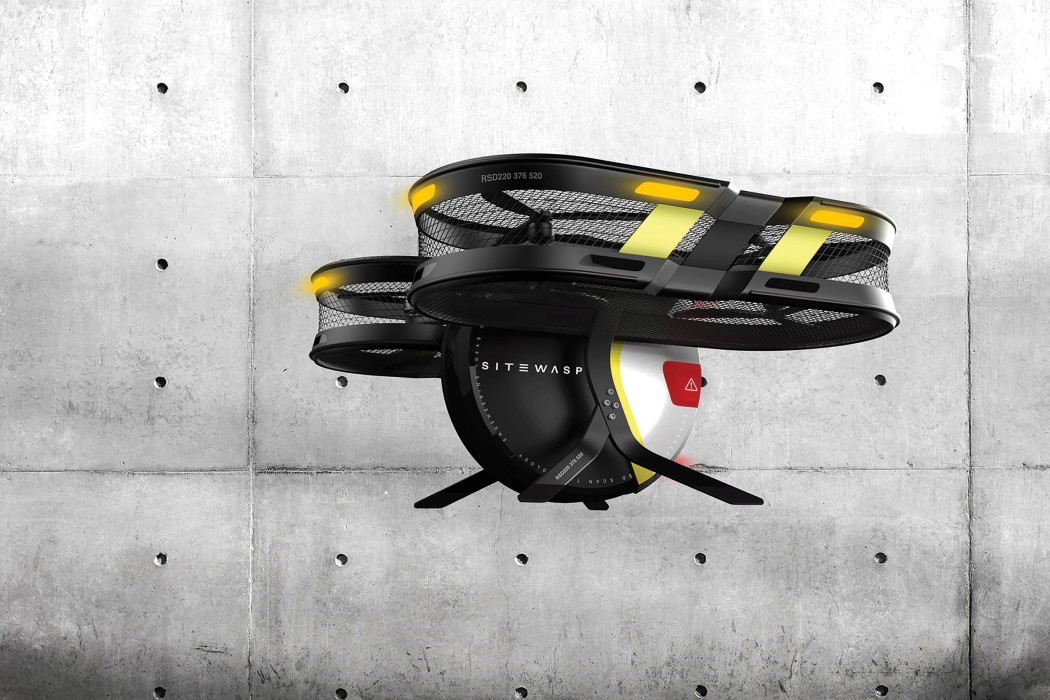
Designed for site-recon for buildings under construction, the SiteWasp was built to be your all-in-one monitoring drone. “The objective of the SiteWasp drone is to remotely provide stakeholders with construction updates, thus unifying the planning process and the building process. This 3D drone system scans, measures, analyses, and documents with high-resolution images of the current state and process of construction. It uses the digital BIM (Building Information Model) so that all remote stakeholders can react directly to crucial errors and differences, which leads to a more synchronized and efficient workflow.” Made to do a better job than a construction supervisor, and in less time, the SiteWasp can complete an entire recon in a matter of hours, whereas it would take a human day to complete an exhaustive check of the building and its progress.




